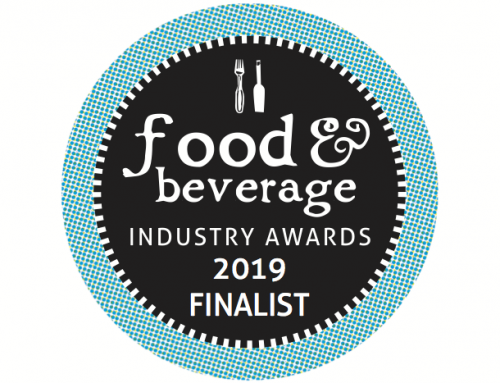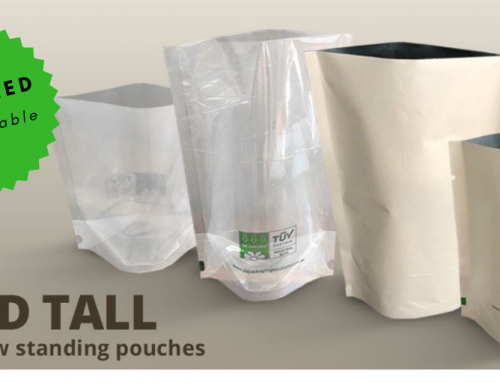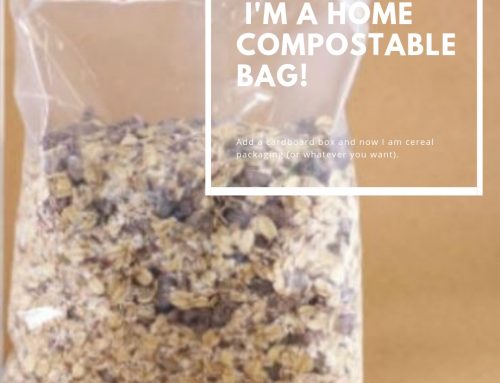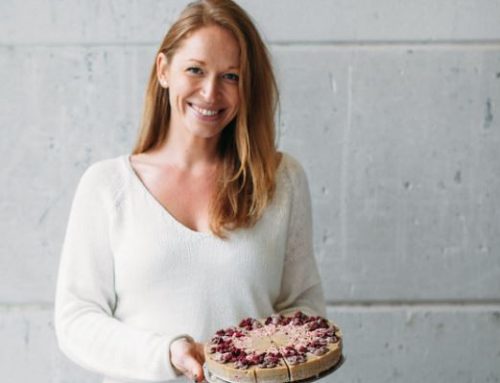We see plastic packaging waste heaped high in landfill piles or even as ugly litter along our roads and oceans. It’s hard to imagine a home compostable packaging for a snack bar or cereal bag decomposing in a home compost bin amongst the apple peels, celery stalks and egg shells.
PA Packaging Solutions have produced a time-lapse video screening the natural decay of home compostable packaging. Taken over a period of eight weeks, by the end of the 22 second video, the packaging is unrecognisable.
About the time-lapse video
The video shows how the environmentally friendly packaging breaks down under composting conditions. The packaging decomposes like a banana skin or fresh produce in a compost bin. However, it looks, feels and acts like traditional packaging to protect and keep food fresh.
For the purposes of the video, the package was placed on the top of the soil during an Australian summer (as opposed to buried in a compost bin). By the eighth week, the packaging is indistinguishable and has decomposed into nutrient-rich, fertile soil for new plants and trees to grow.
What is home composting packaging made of?
Home compostable packaging is 100% plant material from trees and the offcuts of non-GMO farming production. The adhesives used to bind the layers contain inert raw plant materials and the food grade printing inks are plant based.
The packaging in the video is a triple-layer structure made up of paper, metallised NatureFlex® created from wood-pulp and a bio polymer sealant web. This packaging is suitable for dry foods up to one kilogram in weight that require a barrier against oxygen and moisture. With its natural barrier to aroma, oils (including mineral oils) and grease, the home compostable packaging can be formed into a pouch, flow wrapper or pouch with zipper.
Home composting conditions
An ambient temperature of between 20 to 30° C in a home compost bin encourages the microorganisms to feed on the decaying detritus and break down the packaging.
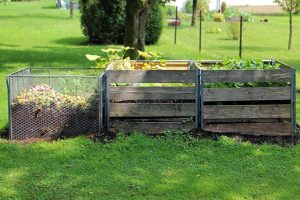
Home compost bin
Under non-compost conditions, such as roadside litter, the packaging will break down into fertile soil however, it will take longer than the 26 weeks.
Ready to investigate sustainable and environmentally friendly packaging to give your brand a green boost without changing your existing packaging machinery?
We have so many home compostable packaging types available, call us on 02 8882 9612 or email sales@papackagingsolutions.com.au – we’re happy to show you through the options available for your food product and provide test packaging.

